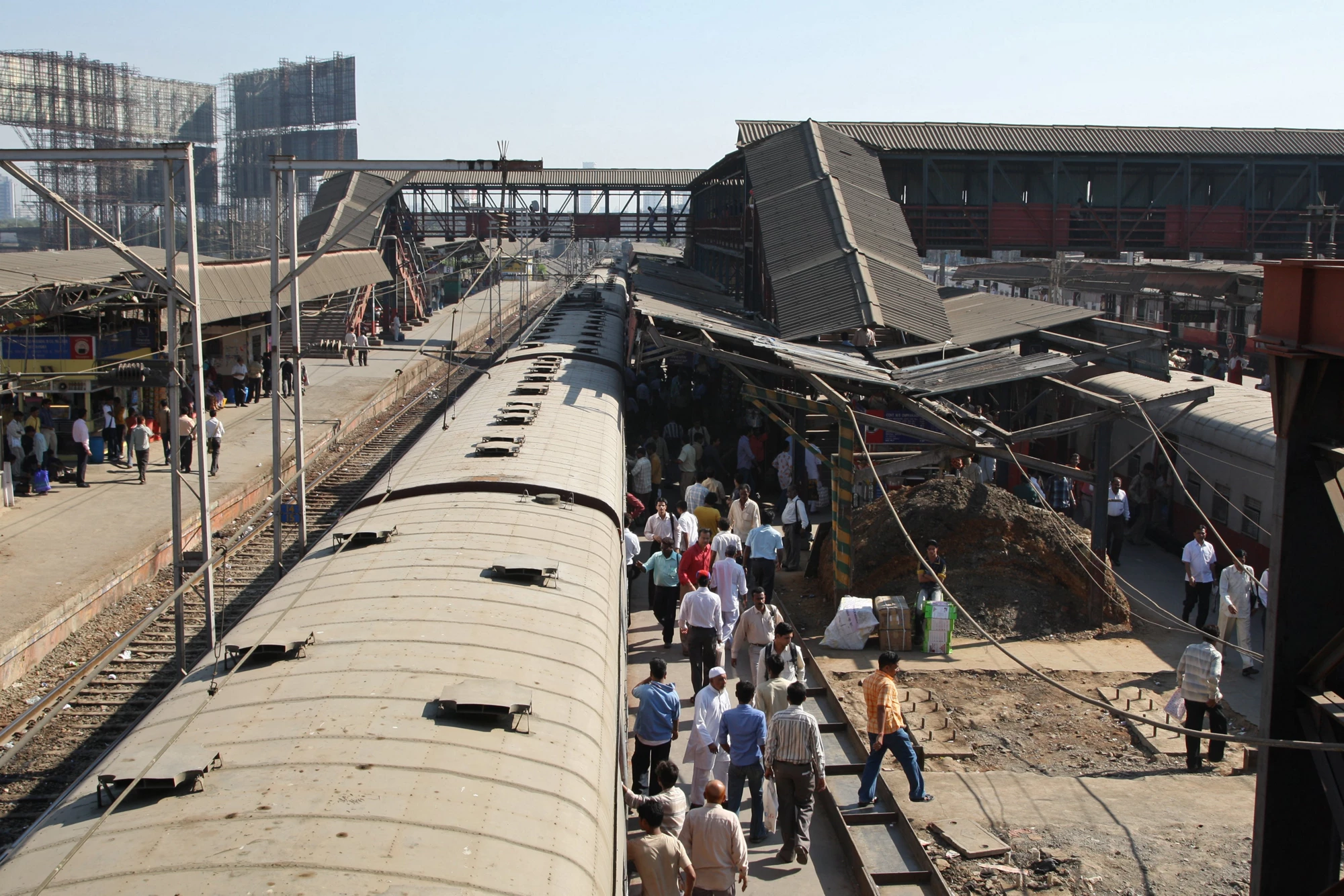
Photo: Simone D. McCourtie / World Bank
A significant percentage of government spending in India goes towards the creation of new infrastructure like the construction of roads, ports, railways and power plants. Construction contracts, however, often have a reputation for disputes and conflicts between contractors and governments. Such disputes ultimately delay implementation of the contracts and increase total costs, adversely impacting development outcomes of the projects.
Many countries have found that Dispute Boards offer an effective mechanism for resolving these issues in a timely and cost-effective manner. These boards, composed of one to three members, are set up upon commencement of a contract and help the involved parties avoid or overcome disagreements or disputes that arise during the contract’s implementation. The boards are less legalistic, less adversarial, less time consuming and less costly than options for resolving disputes within the legal system, including arbitration and litigation.
A 2004 study (PDF) shows that Dispute Boards have been successful in resolving even the most strenuous disputes with an almost 99% success rate. The savings in using these boards are enormous: another study indicates that in almost 10% of projects, between 8% and 10% of the total project cost was legal cost.
Despite these clear benefits, this method of dispute resolution remains unpopular in India, and very few government agencies use them. Even in those contracts where Dispute Boards are mandatory, parties to the contract try to bypass them.
The reticence to use such a promising dispute-resolution method may have to do with quality control. Members of Dispute Boards are supposed to be experienced, respected and impartial. They should be conversant with the nature and complexity of the work involved. But in many cases in India, members are selected by the contract parties on an ad-hoc basis. There is no national database of professionals trained to participate in Dispute Boards, and there are no performance appraisals. This leads to the hiring of underqualified or inexperienced members and a lack of accountability in the system. Lack of service standards or rules for the functioning of these boards also results in delays in decision-making and increased costs.
The World Bank is trying to change this. We have been advocating the use of Dispute Boards as an effective and speedy means to resolve disputes in infrastructure projects and minimize, if not eliminate, delays and consequent cost overruns. As part of these efforts and for addressing issues listed above, the Bank partnered with the Indian Council of Arbitration (ICA) to introduce some improvements in these boards to make them more popular and acceptable in India, improving the options for both Bank-funded projects and projects funded by other sources. ICA is an allied body of the Federation of Indian Chambers of Commerce & Industry (FICCI) and is the largest arbitration institution in India.
Under the Institutional Dispute Board initiative, launched on June 23, 2016, in New Delhi, ICA is responsible for:
- The empanelment and training of Dispute Board members in self-developed standard operating procedures
- Updating the list of Dispute Board members whenever needed
- Providing a continuous platform for training of all stakeholders including the functional employees and operating staff of the employer, the contractor and the engineer’s organizations
- Issuing guidance on problems faced in the operation of Dispute Boards
- Assisting the parties by providing names of Dispute Board members out of the maintained panel
- Monitoring whether Dispute Board members are performing their functions as stipulated and as expected, while pointing out deficiencies and improvements if any are required


Join the Conversation